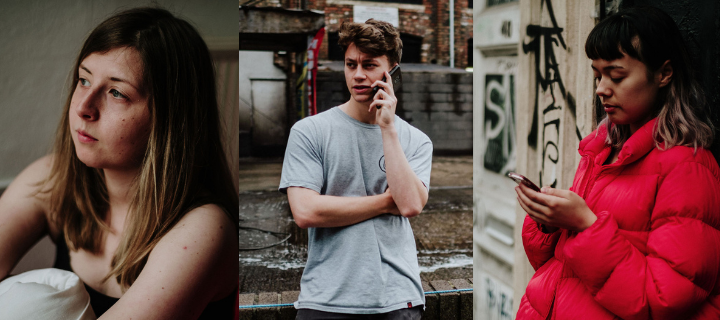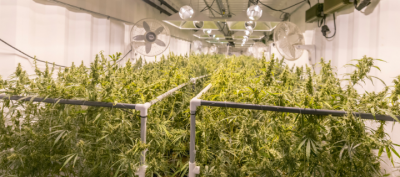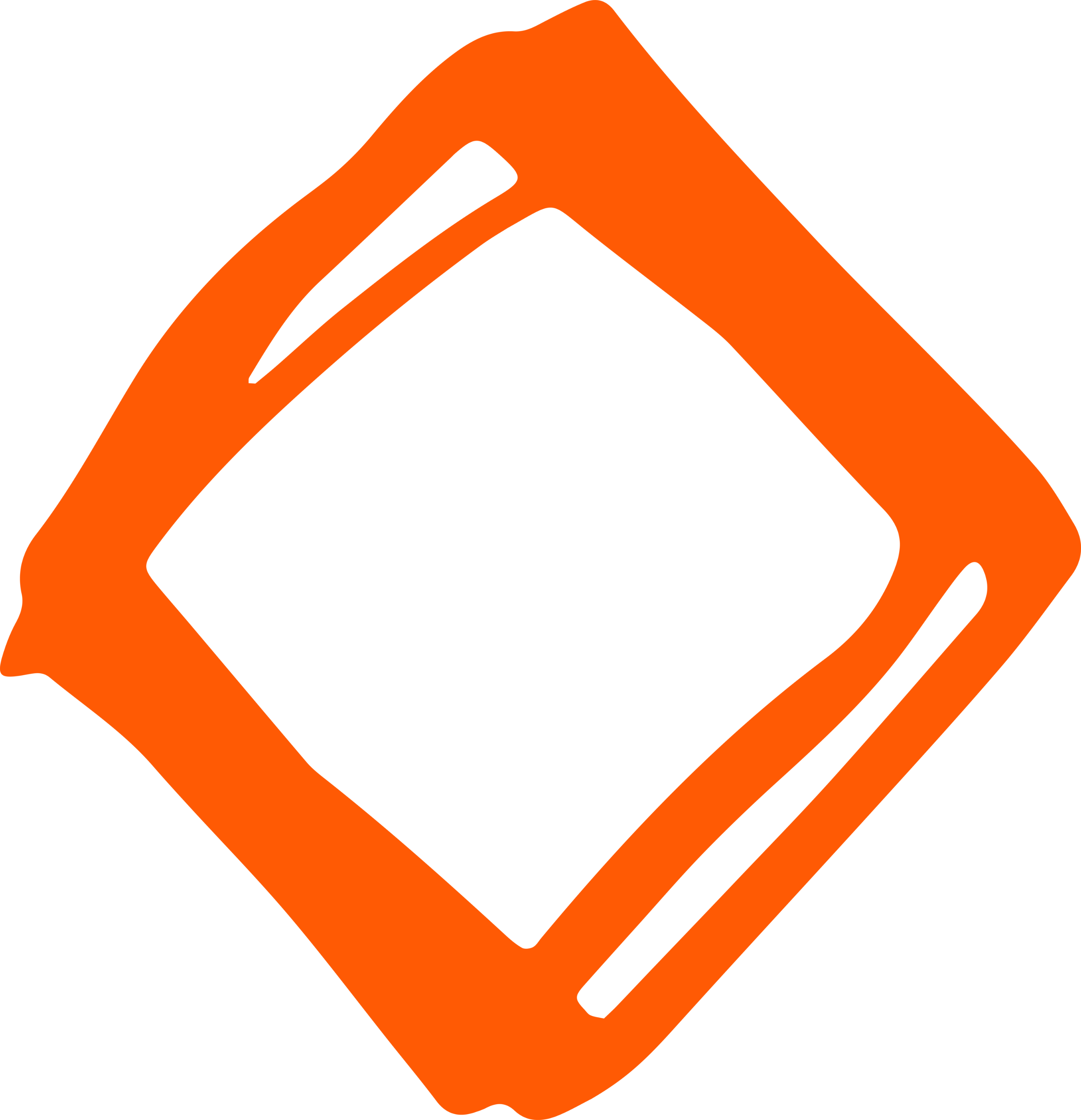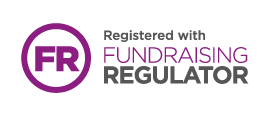
The data is part of the Modern Slavery & Exploitation Helpline Annual Assessment, a yearly stock take on UK slavery and human trafficking.
Despite an overall drop in contacts to the Helpline, reports of sexual exploitation were up 25% on the previous year, with nearly a quarter of potential victims being children.
Criminal exploitation, meanwhile, was up by 42%, with a fifth of potential victims being minors.
Criminal exploitation includes drugs-related activity, including County Lines, forced shoplifting and forced begging.
Data from the Helpline helps to shed light on the nature and scale of modern slavery in the UK.
The Annual Assessment, which includes data for every policing area, is one of the most detailed reports produced by our sector. It is used by other charities, the police, local and national governments and others to inform policy and respond directly to reports of slavery and human trafficking.
The 2020 assessment was launched at an online event by Dame Sara Thornton, UK Independent Anti-Slavery Commissioner.
Dame Sara said: “The Modern Slavery and Exploitation Helpline has provided an important alternative mechanism for those in situations of modern slavery or exploitation to seek help and support.
“Over the past year I have also been particularly impressed with their efforts to produce thematic reports on areas of risk.”
Findings from the Annual Assessment include:
- Nearly 8,000 contacts in 2020 from victims, professionals working in services such as the NHS, businesses and members of the public
- A potential 3,481 victims of modern slavery were indicated as a result of this contact
- 10% of victims were children, up from 7% in 2019.
- Despite fewer contacts to the Helpline during the pandemic (down nearly 14% to 7,976), the number of modern slavery cases remains fairly consistent: 1,742 in 2020, compared to 1,812 in 2019
- Potential victims came from 80 nationalities, with Romania being most common, followed by China, Albania and England
- There was 95% increase in reports related to modern slavery in cannabis farms (pictured below) compared to 2019.

Says Justine Currell, Executive Director of Unseen and co-author of the Assessment: “A year on from the first lockdown, the number of reports relating to sexual and criminal exploitation, and those involving children, is particularly alarming, given that overall contacts to the Helpline decreased during the pandemic.
“Covid19 and the subsequent economic downturn affected the visibility of the threat in such places as car washes and nail bars. And as you would expect, the proportion of calls from the general public declined during the lockdowns. But this report shows that modern slavery and human trafficking is still alive and unfortunately thriving.
“There is still a general lack of awareness of modern slavery, which could involve as many as 100,000 people in the UK alone, so it’s vital we all learn more about the issue and how to spot the signs of exploitation.”


